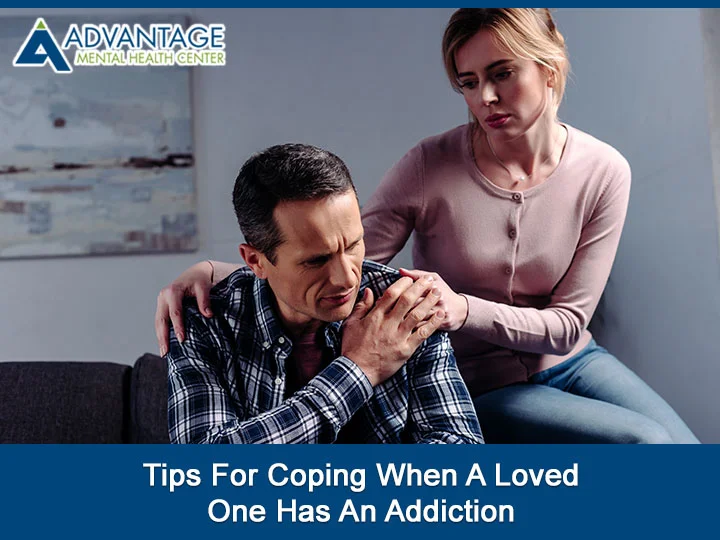It’s not always easy when a loved one is suffering from an addiction. Whether it is a family member or friend, and whether you live with them or not, finding ways to cope and support them can take time and drain your energy. Addictions can come in many forms and affect people in different ways, but they often cause damage to personal lives and relationships. You don’t need to be there all the time for somebody suffering from an addiction, and it’s important to remember your own health and wellbeing too.
A person may be struggling to come to terms with their addiction or feeling reluctant to seek help. They may be going through a recovery phase and struggling to overcome their addiction fully. No matter what stage your loved one is at, there are ways you can support them while also finding methods to cope with the circumstances yourself.
Try to Understand Their Addiction
Remember, addiction is a disease, just like diabetes is a disease. People do not want to cause harm, hurt people, etc. but while they are in the grip of an addiction, they may not act rationally. Being understanding about addictions can help those suffering to feel more supported and may even help them to recover quicker.
Speak to the person about their addiction if they are willing to be open about it. Contact specialists and medical professionals who can help to guide you in the right direction and offer insight into the best ways to support your loved one. Read online forums and check out social media accounts dedicated to addiction support and recovery. This can help you understand addiction better and help a loved one to overcome theirs with more patience and understanding.
Look After Yourself
If you’re spending a lot of time with someone who is actively addiction or recovering from an addiction, it’s important that you take time to look after yourself too. If you find that it is affecting your mental health negatively to spend so much time with them, take a step back and allow yourself to have some space for a while.
Consciously try to switch off from thinking about your loved ones when you are not with them. Rather than spending your time in the evening worrying or wondering what is going to happen next, consciously focus your mind on something else. Take time to go for a walk outdoors around Pinellas County, have a hot bath at home, or meditate with some relaxing music. This can have a positive impact on your mental wellbeing and help you to feel like you’re looking after yourself too.
Speak to Other People
When you’re supporting someone else in any situation, it’s important that you are able to feel supported too. Speak to a trusted friend or family member about the situation. If you don’t feel able to share your feelings and emotions with a friend or family member, consider seeing a counselor who can help you to process your experiences and cope better when a loved one is struggling with an addiction.
You can also explore journaling and other activities which can help express some of your feelings. Write down the things you are feeling sad or angry about before you go to sleep and allow yourself to forget about them until the next day. Be mindful of the things you can control yourself, and the things over which you have little or no control.
Finding Support
If you’re looking for help in Pinellas or Hillsborough County with addiction and recovery, or you want to know more about counseling and psychiatric support, visit Advantage Mental Health Center. Whether you’re looking to find support for a loved one or you want to feel supported yourself, you can get in touch with mental health specialists who can help you.
Picture Credit: Crello


